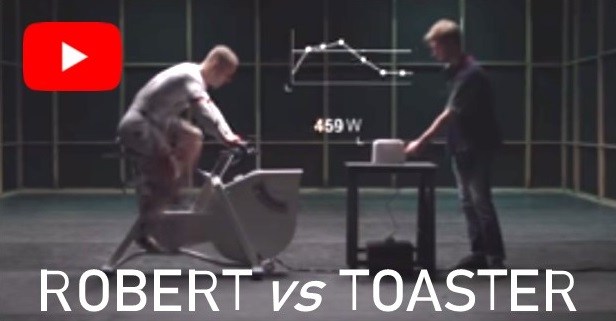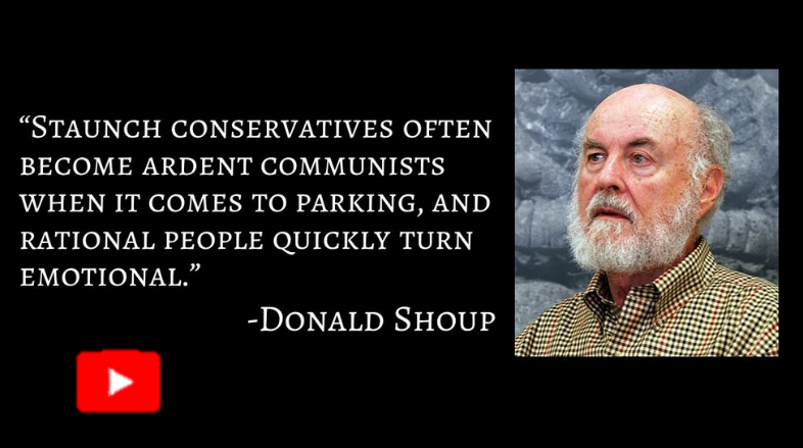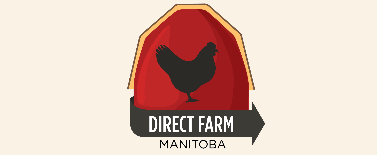Energy In and Energy Out
 Wednesday, March 8, 2017 at 10:20PM
Wednesday, March 8, 2017 at 10:20PM By Eric Rempel
Imagine a cheetah hunting. Given the cheetah’s ability to run extremely fast, the cat exerts a tremendous amount of energy for a short time in order to catch its prey. Where does that energy come from? It comes from consuming the prey it catches.
Now assume the amount of energy gained through consuming the antelope is not as much as the energy expended in running down the antelope. How many times will that cheetah be able to run down an antelope? Before long the cheetah’s energy reserve would be exhausted, and it would not longer have the energy to run down an antelope. The cheetah would die.
The situation is usually more complex. A young, inexperienced cheetah tries to catch an antelope and fails. He does not perish because he is part of a family. Just because he fails, does not mean he goes without a meal. Mother is there! As long as mother succeeds in her hunting, the family, the economic unit, survives. It is her energy reserve that keeps things going.
We can apply an energy test to that little cheetah family: is the energy out more than the energy in? If the answer is yes, it survives; if the answer is no, it does not. That rule is universal. We all ignore it at our peril.
Unfortunately, applying the energy test to the things we consider common is not easy. How does the energy going in to our food economy compare to the energy coming out of it? A businessman or banker examines the financial records of a farm or other enterprise, and knows whether more cash is going out than is coming in. With energy, it is more difficult. Oil is our major source of energy, and the price of oil is a function of the cost of extracting it; the price of oil does not take into account risks associated with transporting it, is does not take into account any effect burning it may have on global climate, and it does not take into account the price future generations may be willing to pay for that oil. Oil is grossly under-priced.
As an example of how this works, let's look at milk production. Let's compare conventional milk production with organic milk production. Conventional dairy farms rarely, if ever, pasture their animals these days. Diesel driven machines bring the feed to the cows and diesel driven machines spread the cow manure on the fields. This has become conventional practice because dairy farmers have found their land and their cows are more productive if they do it this way. But mechanical harvesting can only replace pasturing if oil is cheap. How does this affect energy in versus energy out?
According to regulation, organic dairy farmers need to give their cows access to pasture every day during the growing season, and at least 30% of the cows dry matter needs to come from pasture. What actually happens will vary from day to day and from farm to farm, but by definition organic farmers are more dependent on pasture than conventional dairy farmers. This means, of course, that it takes less energy, even if not less money, to produce a litre of organic milk than it takes to produce a litre of conventional milk.
But oil is cheap. And as long as oil is cheap, diesel engines will continue to do what cows will do without fossil fuel input. Are we OK with this?



Reader Comments